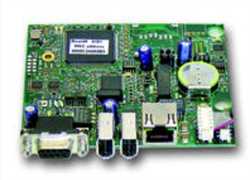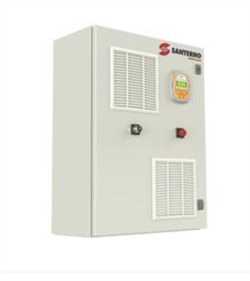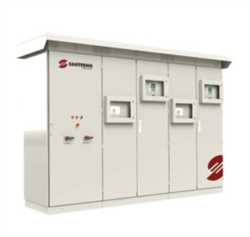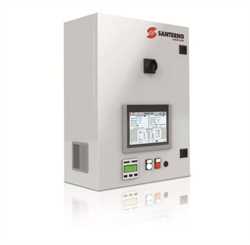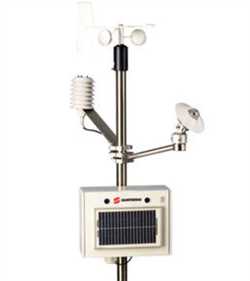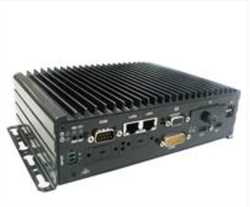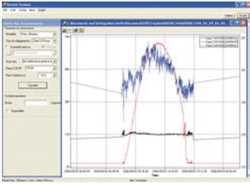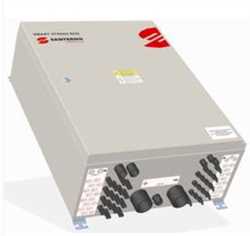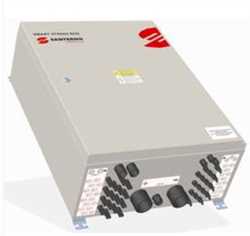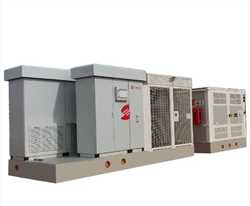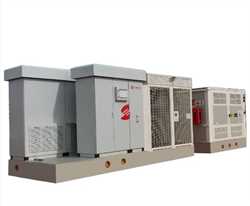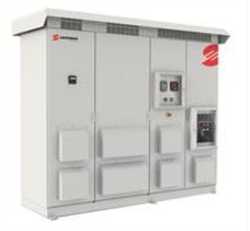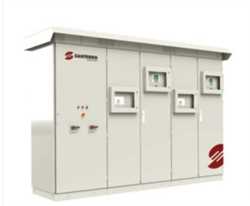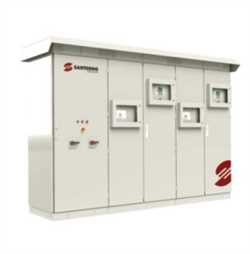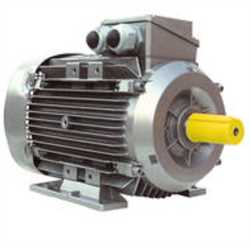Santerno Sinus M Inverter
BRAND : Santerno
Details
– N.2 types of control: V/f and Vector Sensorless Control
– Integrated braking unit
– Possibility of connecting a DC inductor (depending on the model)
– Integrated potentiometer
– Start/stop buttons
– Degree of protection IP20
– RS485 serial port with MODBUS RTU communications protocol
– Smart remotable keypad
– Overload up to 150% of the rated current for 60s
– Overload up to 200% of the rated current for 0.5s
– Max. torque 180% Tn
– Output frequency adjustment from 0 to 400Hz
– Output ground fault detection with inverter running
– Input voltage range -10V to +10V
– Lower motor noise thanks to random modulation and carrier frequency up to 15kHz
– External brake control
– EMC compliance to EN 61800-3, 2nd edition, SECOND ENVIRONMENT 2, Category C3 for industrial networks
– Standard compliance: CE, EAC, RCM and UL
– Compatible with the Easy Harmonics software computing harmonic current damping
– Compatible with the “REMOTE DRIVE” software for the remote control of the device
– Stall prevention and overvoltage fault prevention
– N.8 speed settings
– Up to n.3 prohibit frequency settings
– PID function
– “S” ramps
– Fire Mode function
– Automatic and manual torque boost
– Kinetic energy buffering
– Energy Save function
– Tension control
– Speed Search function
– Motor auto-calibration for optimum performance
– Timed digital outputs
